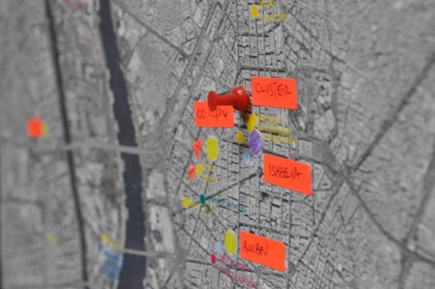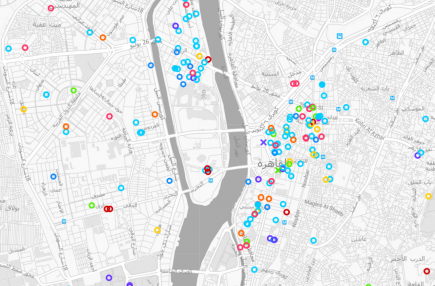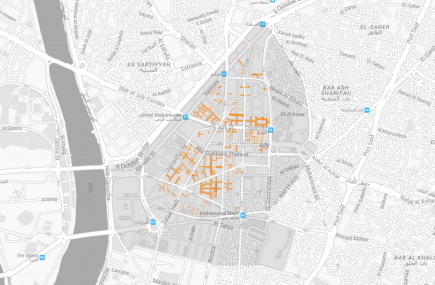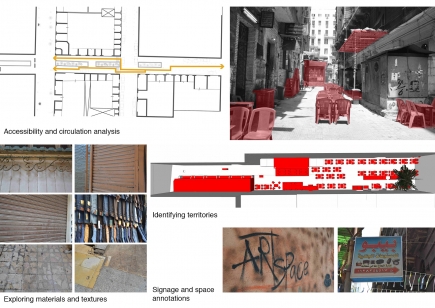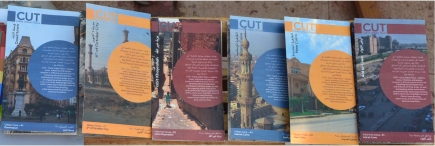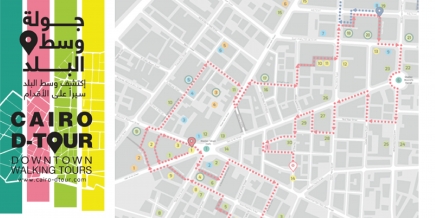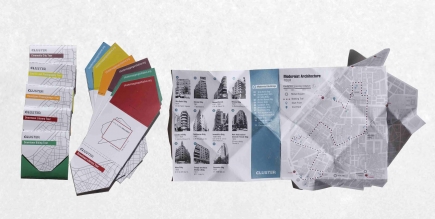The opening of the Suez canal in 1869 made Egypt a stage on the route to South, East and Southeast Asia. Ever important because of its antiquities, it suddenly became a popular touristic destination for many Europeans. Thomas Cook & Son, the travel agent, who has been active in Egypt since the 1870’s, had devised a system of ‘inclusive independent travel’, whereby the traveler went independently but his agency charged for travel, food and accommodation for a fixed period over any chosen route, and whereby all sorts of services of transport and lodging were provided to, usually affluent, tourists.
Such a group of tourists was the small company of Alphonse Camporino and friends. He was an official in the Belgian Ministry of War in Brussels, and evidently also of independent means. With his friend Henri Rey (and the latter’s servant Lambert) and two young compatriots, he made the voyage from Brussels, via Paris to Venice, and from there by steamer to Egypt. The group then travelled south in a privately hired dahabieh till as far as Aswan, and from there back, up north. Underway they visited the most important Egyptian antiquities. After a short interval in Naples, also for touristic reasons (Pompei!), Camporino and Rey were back in Belgium. Their trip had lasted slightly over three months, from February 1st through the early days of April 1880, and their stay in Egypt lasted some seven weeks, from February 12 through March 26, 1880.
During the trip Camporino on an almost daily basis wrote to his wife. After his return to Brussels, he made a neat copy of his letters home in the form of a book, which he illustrated with drawings of his own hand, and which he dedicated to his travel companion, Henri Rey. It is this unique illustrated manuscript, with text in French, which has emerged in November 2013 in the antiquarian book trade in Brussels. It shows us a small company of Europeans coping with situations in exotic places. Being neither explorers nor scholars, their main subject is themselves, and the book shows how they, members of the European bourgeoisie, react to an environment which is utterly different from what they were accustomed to. Camporino is an observant writer, occasionally even a poet, and an accomplished pen artist. His illustrated travelogue, ‘A memoir of Italy and Egypt’, is discussed and analyzed here for the first time, and his drawings will show us an Orient as perceived by an intelligent, yet unprepared European tourist. One of the features of the book is the uninhibited European discourse of the travelers, of which some examples are given.
Jan Just Witkam (Leiden, 1945) is professor emeritus of Leiden University. Ever since his first visit in 1965, he visits Egypt on a regular basis. He has published extensively, mostly on subjects of Islamic book culture. At present, at the request of the Thesaurus Islamicus Foundation, he is working on an
illustrated catalogue of the Qur’ān manuscripts of the Mamluk era in the National Library in Cairo.
